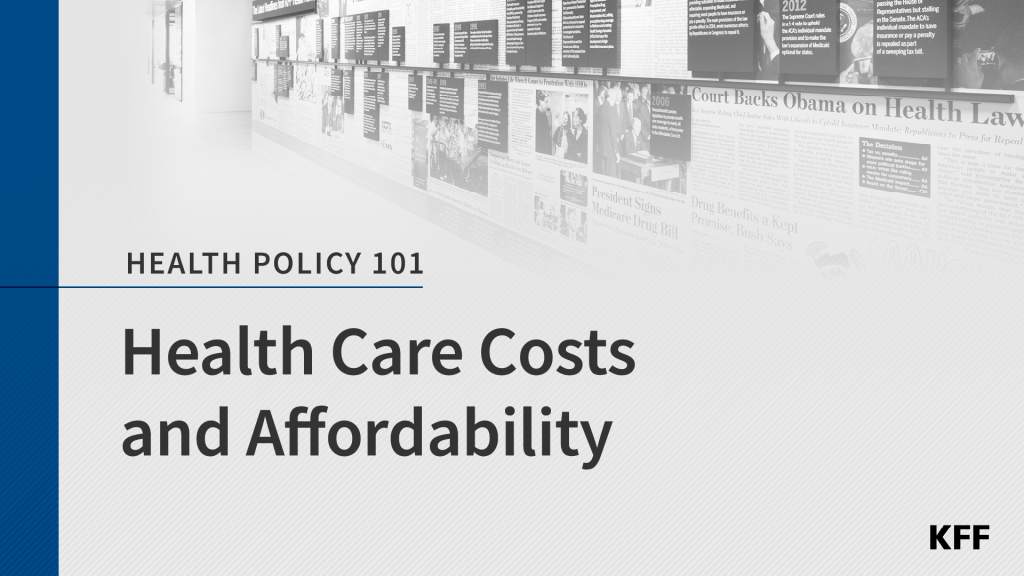Who Are the 7 Million Nonelderly Adults with Disabilities in Medicaid and What Would the House GOP Bill to Restructure Medicaid Financing and Repeal the Affordable Care Act Mean for Them?
A new brief from the Kaiser Family Foundation explains the role that Medicaid plays for nearly 7 million nonelderly adults with disabilities in the U.S. and explores what the American Health Care Act could mean for their health care and coverage.
